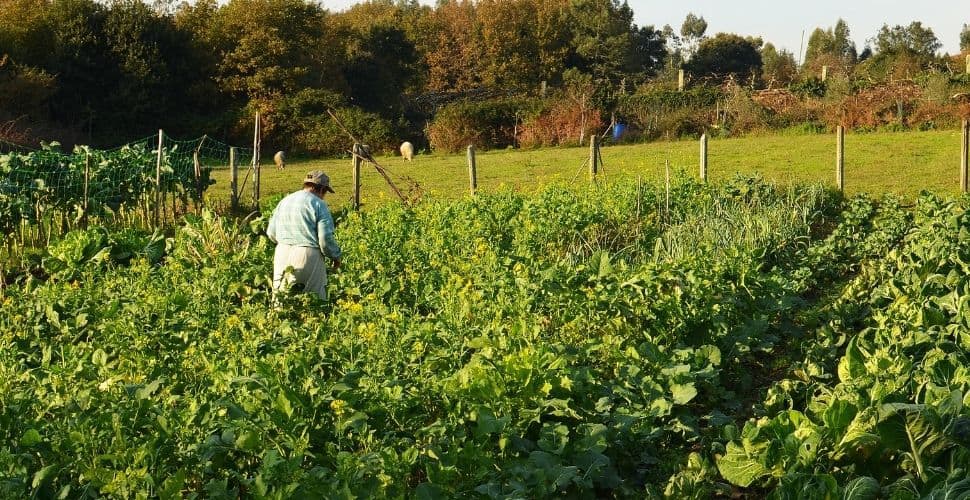As migrant agricultural workers in Portugal find themselves having to self-isolate as a result of a wave of COVID-19 infections in the sector, attention has turned to their poor living conditions and wider systemic exploitation in the sector.
From having passports confiscated to being coerced into unpaid labor, the work conditions of migrant fruit and vegetable pickers in the country remains a pressing issue for rights groups who have said authorities “have for years turned a blind eye to problems.”
On Tuesday, Portugal’s government announced that it would seek to protect the rights of fruit and vegetable pickers with Prime Minister Antonio Costa calling the situation facing migrant workers a “blatant violation of human rights.”
Reuters reports:
As Portugal entered the final phase of easing a national lockdown last week, sanitary cordons were imposed in the southern municipality of Odemira, where hundreds of plastic-covered greenhouses rely on migrant labour to operate.
People are not allowed in or out of two parishes. One of them, Sao Teotonio, reported 1,910 cases per 100,000 people over a 14-day period. The country’s average is around 64 cases.
To tackle the issue, the government has temporarily taken over a private eco resort in Odemira, where migrants considered high-risk contacts can self-isolate. Those who test positive for COVID-19 will be transferred to local lodging.
Since the onset of COVID-19 last year, Portugal has taken steps to protect migrants from the effects of the pandemic, temporarily granting all migrants in the country the same rights as residents regardless of the status of their immigration application.
This week, the interior minister Eduardo Cabrita said, “Our priority is the public health of migrants. I want those who come to work in Portugal to have the same rights as the Portuguese who work abroad.”
However, the government faces criticism for being slow to respond to reports of workers rights abuses. to While authorities have 11 cases of labor trafficking under investigation, the Mayor of Odemira stated that reports of worker rights abuses had been ignored when brought to the authorities years ago.
134 people have been identified as having been trafficked for labor exploitation to the Odemira region over the last four years.





Freedom United is interested in hearing from our community and welcomes relevant, informed comments, advice, and insights that advance the conversation around our campaigns and advocacy. We value inclusivity and respect within our community. To be approved, your comments should be civil.